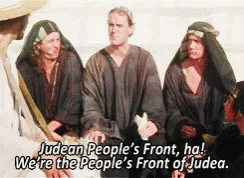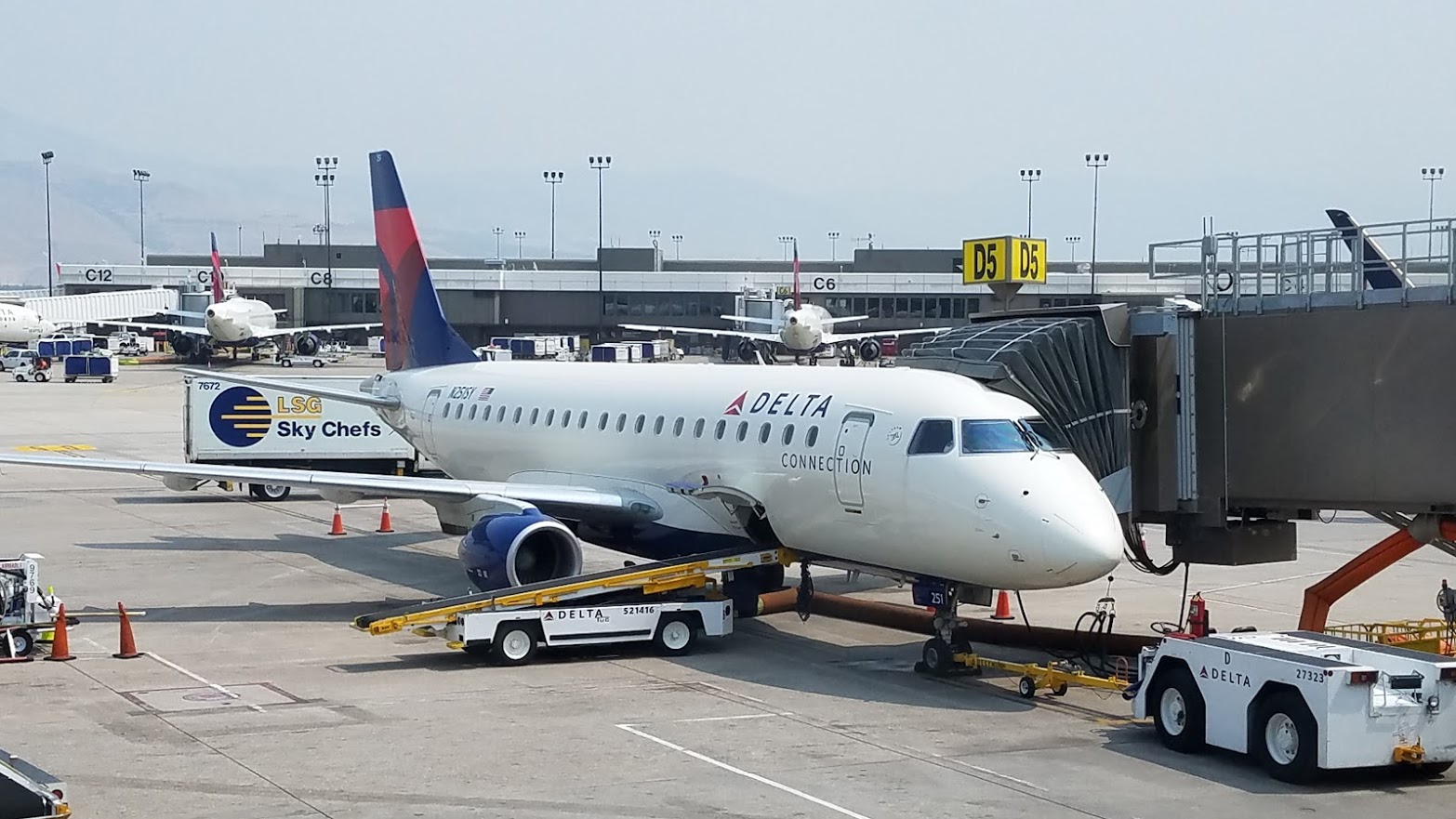CEOs of American and United are pumping their fists in the air with news that the Association of Flight-Attendants-CWA has launched an effort to unionize Delta flight attendants. Finally, they’re thinking, their more profitable competitor may be saddled with the same onerous work rules that United and American face – and perhaps the better service flight attendants provide will go away in the long run, too.
The union says that “thousands of flight attendants at Delta Airlines have asked AFA to join them in efforts to become full members” of the union. There is no way that this is true. After all the union working to organize Delta flight attendants for the last decade has been the International Association of Machinists.

When you include profit sharing – Delta has higher profits, a more generous percentage of profits dedicated to bonuses than peers, and fewer employees to distribute those profits across – flight attendants are very well paid. Profit sharing at Delta has totaled over a billion dollars for years.
What’s more the airline just gave out a 4% raise to flight attendants, no bargaining required.
Delta has three advantages over U.S. competitors:
- Highly effective TechOps that allows them to operate more reliably than peers (Delta also monetizes this capability, which allows them to pay higher wages for greater productivity).
- Friendlier crew – on average – staff who are expected to deliver better service, with underperformers culled from their ranks. Nothing is more frustrating to employees than shirkers.
- Fiercely competitive management, willing to go to any length necessary to beat competitors. They play hardball with competitors, suppliers, and customers. They’re willing to use the government to do it.

Non-union mechanics works well for the mechanics and the airline. They have higher productivity which supports better pay. Non-union flight attendants works well for the flight attendants and the airline. Better service helps Delta generate higher net promoter scores and eaern a revenue premium, which generates profits that means better pay through profit sharing.
This is not an anti-union position. If I were working as flight crew at American or United I’d absolutely want a union. It’s just that at Delta the current arrangement works well across the board. I wouldn’t want to undercut the arrangement that supports better jobs than at those two other major carriers.
The AFA is correct that a union would mean ‘greater job protections.’ That’s another way of saying average performers will subsidize poor performers, and allow a culture where flight attendants who do an outstanding job will have to wkrk alongside those who do the bare minimum (if that).
Flight attendant unionization drives failed at Delta in 2002, 2008, and 2010. However according to the AFA “over 40 percent of the seniority list has been hired at Delta since the last union vote nine years ago,” so the people who voted against it before aren’t necessary the same ones who would be considering it now. On the other hand, it’s not clear that younger flight crew are more likely to be pro-union.
Delta flight attendants can choose a union, with the costs and job protections that provides. However they can expect profit sharing to fall, the raises they’re getting without negotiation to go away. They won’t keep these things because the higher cost of unionization will trade off with wages (the value of the wage can’t exceed the value of marginal product) and because Delta will have to signal to mechanics that unionization doesn’t deliver benefits.


Most the Delta FA’s I’ve spoken to over the years have the attitude of “why do we need a union since we are treated better than our competitors.”
Whatever protections a union may provide will be offset by lower compensation (bonuses, profit sharing, etc).
I’d be really surprised to see Delta’s FAs form a union. DL is head and shoulders above the US competition currently, why chase the goodness away by organizing?
I agree!
With all three (3) primary stakeholders (employees, passengers & shareholders) benefitting from non-unionized flight attendants (higher wages & profit sharing for FAs; often better than AA & UA inflight service for pax; higher productivity, less onerous work rules & higher profits for shareholders), it would be a shame to tamper with Delta’s successful formula that’s been able to achieve that virtually impossible for most other airlines balance that serves three different stakeholders, whose needs DO overlap, but of whom at most other airlines, be it the result of unionization that allows lazy and/or unmotivated slackers (bad apples) to poison things, bad management, or a combination of both, nearly always spend more time & effort fighting each other (or posturing for their audiences/patrons; for example, union leaders seeking votes for leadership roles as the “audience”, and Wall Street Analysts + shareholders being the “patrons” that managers seek to please/appease) than forging a common vision & working together towards providing the best customer service/experience possible as well as Delta manages to do.
So, for sure, it would be a terrible shame to see that go away at Delta were it forced to become more like American or United.
While badly managed companies (for example, McBoeing – er Boeing – overall, and especially at that company’s non-Union South Carolina 787 final assembly line with its widely reported by airlines & investigative reporters sub-par 787s versus those assembled with unionized workers in Everett, WA) most definitely require unionization – just as McBoeing’s shoddy 787s makes such a compelling case for “pro” unionization since they’ve had many years to get things right there, but despite all that time, didn’t (for complex, gravity defying machines where the margin of error for poor quality is measured in terms of life and death).
And of course, as McBoeing’s focus has heavily favored shareholders over its employees for some time, and if allegations by many commentators and experts regarding “missteps” for its 737 MAX program where safety took a back seat to maximizing profits are presumed/viewed as accurate,
then unlike well managed Delta, which succeeds at striking a balance among all three (3) primary stakeholders as well as it does, and therefore makes a compelling case to remain non-unionized for its FAs, McBoeing is the exact opposite where barring radical changes at the South Carolina 787 FAL, unionization can’t happen there soon enough.
JMHO – but the vastly different pictures and outcomes at Delta vs Boeing, makes for a nifty contrast between one company where unionization poses the threat of harming something of value that it has achieved in an industry not known for achieving that type of balance among competing stakeholders.
Whereas McBoeing is such a basket case that even with the benefit of non-unionization at its South Carolina 787 FAL, it still manages to muck that up with 787s produced there widely reported as significantly inferior in terms of quality of manufacture versus 787s produced by the unionized labor at Boeing’s longtime wide-body FAL in Everett, WA. (Go figure!)
Howard
No idea what you’re talking about but I want a number 1 w fries.